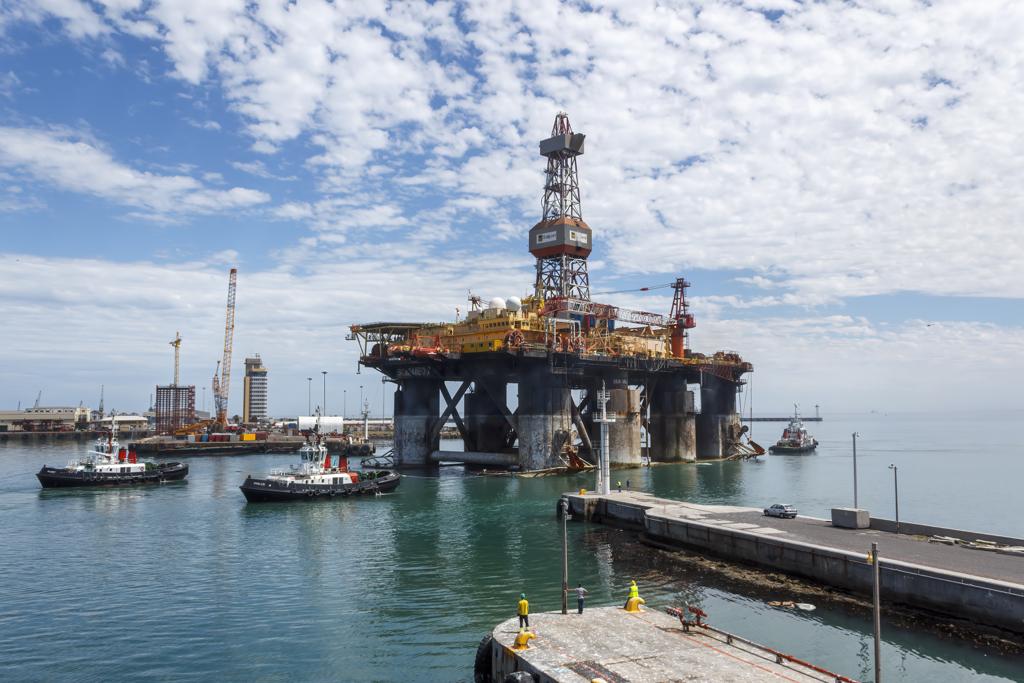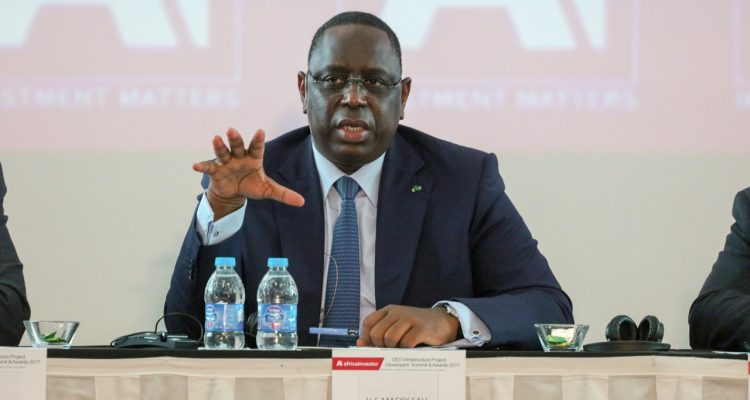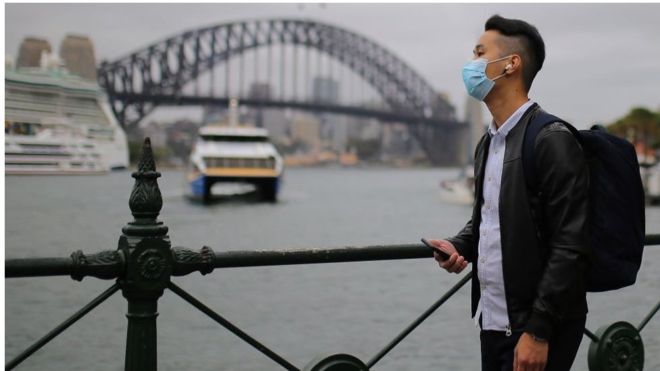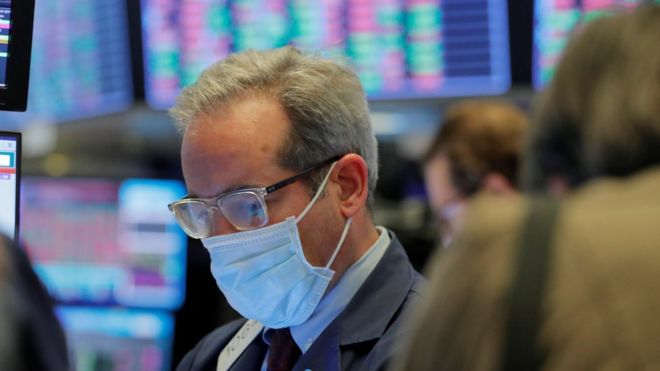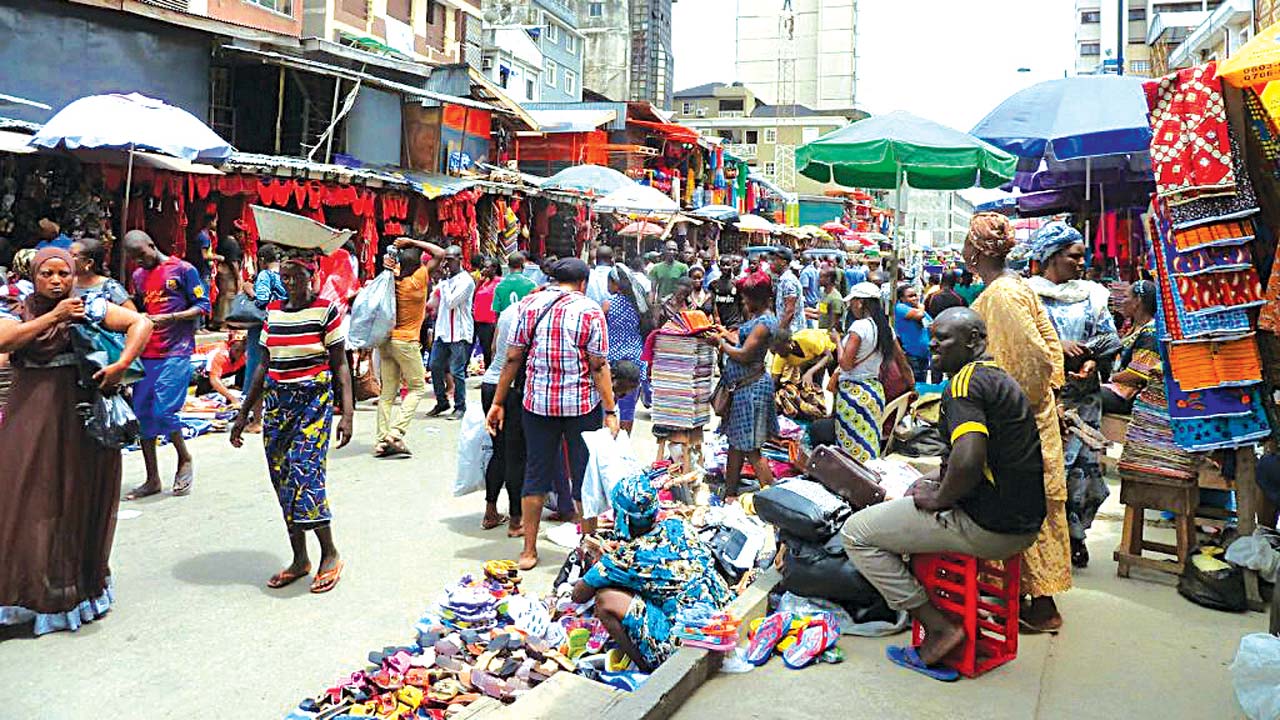The BirAllah gas field is expected to produce 10 million tons of LNG per year creating new employment opportunities and generating a substantial income for Mauritania.
NOUAKCHOTT, Mauritania, April 20, 2023/ — Mauritania’s BirAllah gas field, located in the Mauritanian coastal basin, has garnered significant attention from major players in the oil and gas industry, including Bp and Kosmos Energy, due to its immense investment potential.
In October 2022, a deal was signed between the Mauritanian government and these industry giants, setting the stage for the exploration and development of this promising prospect, which is estimated to hold 80 trillion cubic feet of gas.
As per the agreement, Bp will conduct comprehensive studies to enable the field’s development to commence within 36 months. The stakeholders are hopeful that these studies will establish the feasibility of establishing companies to exploit the project in the strategic port area of Ngago, located in southwest Mauritania, which is the closest coastal point to the field.
The BirAllah gas field possesses numerous attributes that makes it an attractive investment opportunity. It boasts a well-defined structure, high-quality reservoir properties, and top-grade gas. Moreover, the field has the potential for significant production rates, with initial estimates suggesting it could yield up to 4 billion cubic feet of gas per day.
The development of the BirAllah field is of significant importance to Mauritania’s gas industry (https://apo-opa.info/3UTUPmb), which has faced challenges in attracting investment in the past due to political instability and inadequate infrastructure. However, the discovery of the BirAllah field has the potential to change this narrative, as it represents one of the largest offshore gas discoveries in Africa in recent years.
The participation of prominent global companies such as Bp and Kosmos Energy in the BirAllah field underscores the immense investment potential of this oil field. These prominent global companies not only bring substantial capital but also possess the expertise and advanced technology required for unlocking the BirAllah gas field’s maximum development potential. Furthermore, this development is expected to attract additional international oil companies (IOCs) to invest in Mauritania’s gas industry, signalling to the world that Mauritania is a viable investment destination, potentially leading to further exploration and development of the country’s abundant gas reserves.
According to the International Trade Administration, the energy sector offers some of the most promising investment opportunities in the market. Bp and Kosmos Energy are poised to lead the charge in transitioning hydrocarbons as the driving force of Mauritania’s economy, surpassing iron ore. Currently, several supermajor oil and gas companies are exploring offshore Mauritania, with 22 blocks available for leasing. Additionally, there are opportunities for developing fields where oil has already been discovered, as well as providing supplies and logistical support to companies operating within the sector, presenting attractive investment prospects.
The completion of the BirAllah field, projected to take place over multiple years, has the potential to be a game-changer for Mauritania’s economy. The first gas exports from the field could be facilitated through the Ngago port area, which boasts the necessary infrastructure, including a deep-water harbor, access to electricity and water, and proximity to major shipping lanes, to support the construction of a gas terminal. The substantial revenue generated from gas exports has the potential to significantly bolster Mauritania’s economy, providing a fresh source of income for the country. Additionally, the development of the BirAllah field has the potential to create new employment opportunities and support the growth of local businesses in the region.
The development of the BirAlla gas field is also expected to create new job opportunities and generate income for Mauritania. This vast reserve of energy promises to power the world and transform the fortunes of the country. With the estimated output of 10 million tons of liquefied natural gas per year, the BirAlla gas field represents an opportunity to boost economic growth and create a more prosperous future for Mauritania.
Join us (https://apo-opa.info/41JJyHn) in Nouakchott, Mauritania on 21-22 November 2023 for the third edition of the MSGBC Oil, Gas & Power Conference & Exhibition (https://apo-opa.info/3LgiTwm) where we will unpack investment and exploration potential under the theme “Scaling Energy Opportunities in Africa’s New Frontiers.”
Organized by Energy Capital & Power, MSGBC Oil, Gas & Power 2023 will unite the region’s energy policymakers, companies and investors with global counterparts to discuss and optimize investment opportunities within the energy market.
Distributed by APO Group on behalf of Energy Capital & Power.
SOURCE
Energy Capital & Power
